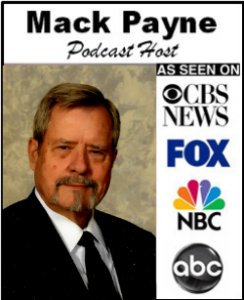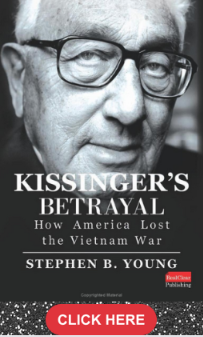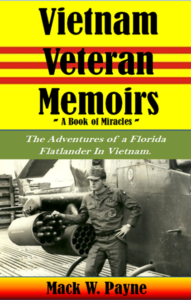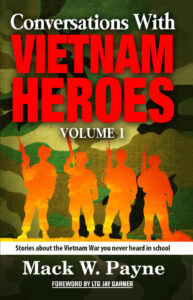Podcast: Play in new window | Download
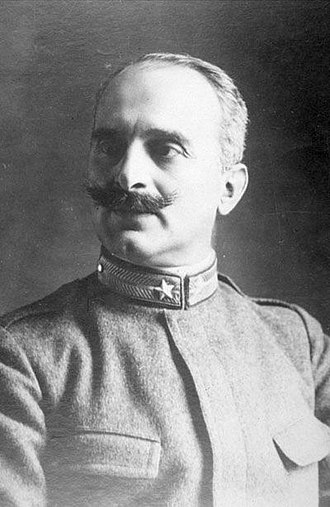
Italian General Giulio Douhet
Episode 2660 of the Vietnam Veteran News will feature an article about General Giulio Douhet’s predications relating to the use of air power and their applications in the American Vietnam War. The featured article came from The Eurasia Review News & Analysis and was titled: General Giulio Douhet: Theory Of Air Power – Analysis. It was submitted by Hafiza Syeda Azkia Batool. She is a student of International Relations at National Defense University (NDU).
In her article Batool referred to the ideas of General Giulio Douhet about wartime aviation. General Giulio Douhet (30 May 1869 – 15 February 1930) was an Italian general and air power theorist.[1] He was a key proponent of strategic bombing in aerial warfare. He was a contemporary of the air warfare advocates Walther Wever, Billy Mitchell, and Hugh Trenchard.

Hafiza Syeda Azkia Batool
Batool wrote that General Giulio Douhet’s advocacy for targeting civilians with a combination of high explosives, incendiary bombs, and chemical weapons calls into doubt his role as a prominent proponent of air power. To fully comprehend his beliefs and the context in which he worked, however, one must first consider the broader historical themes of nationalism and industrialization that dominated the nineteenth century, as well as the early twentieth century development of aviation technology.
She continued: Giulio Douhet’s military theories were built upon several major assumptions that formed the core of his ideas on airpower and warfare. Central to his beliefs was the conviction that airpower stood as the preeminent factor in determining the outcomes of conflicts.
Batool ended her article with this highly flawed conclusion, the US military had a clear advantage in air power during the Vietnam War, this was not enough to secure a victory. The erosion of public support for the conflict ultimately proved to be a significant factor in the failure to achieve victory in the region.
Listen to Episode 2660 and discover more about General Giulio Douhet’s predications relating to the use of air power and their applications in the American Vietnam War.


